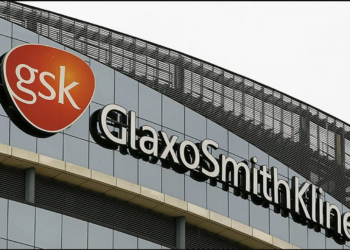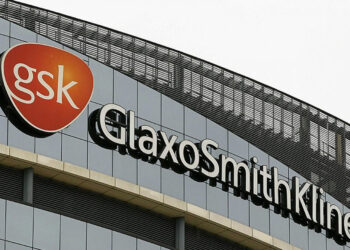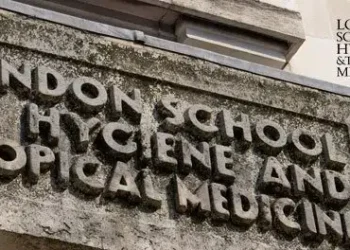Medications worth N81.81 billion were imported into Nigeria from July to September 2023.
This is an increase of 68% from the N48.74 billion imported drugs in the same quarter of 2022.
It is also an increase of 27% from the N64.38 billion recorded in Q2 2023.
The figure is contained in an analysis of the foreign trade reports of the National Bureau of Statistics (NBS).
In Q3 of 2023, the importation of medications makes up 0.97% of total imports, which is less than the 1.12% recorded in the previous quarter but slightly higher than the 0.97% in the same quarter of the previous year.
It appears that naira devaluation and the exit of GlaxoSmithKline (GSK) have led to an increase in the amount of imported drugs by Q3 2023.
India is Nigeria’s top import trading partner for medications
As pharmaceutical firms exit the country, Nigeria has to look to import from other countries to meet up health needs.
The NBS report reveals that most of the medications were imported from India, the United States, China, France, and Germany.
A breakdown shows that N33.68 billion drugs were imported from India, N15.3 billion from the US, and N9.98 billion from China. Drug import from France was N2.72 billion and from Germany N2.41 billion.
More Insight
The devaluation of the naira and the consequent shortage of foreign exchange are two of the many problems that the Nigerian pharmaceutical industry has been experiencing.
The naira has lost over 40% of its value since June, increasing the cost of imports into the country.
In a report by SB Morgen, a professor of pharmaceuticals at the University of Lagos, Boladele Silva found that the pharmaceutical industry in Nigeria is very vulnerable to shocks caused by fluctuations in foreign exchange.
A well-known pharmaceutical corporation from the United Kingdom, GlaxoSmithKline (GSK), informed its Nigerian affiliate, GSK Consumer Nigeria Plc, of its decision to stop selling its vaccines and prescription medications directly to Nigerian consumers on August 3.
An announcement was made on the company’s strategy change to distribute its pharmaceutical items throughout the country through a third-party direct model. Many operational issues, according to GSK, were responsible for this major shift.
First was the fact that GSK medications could not be reliably supplied to the Nigerian market. The lack of foreign exchange also made it difficult for the business to monitor and pay its product suppliers’ trade payables in foreign currency.
In addition, GSK found a number of other forces that played a role in its conclusion. The high expense of doing business in Nigeria, the ongoing insecurity in the area, and the government’s decision to eliminate fuel subsidies were all factors.
Also, a worldwide pharmaceutical company’s Nigerian arm, Sanofi-Aventis Nigeria Ltd., has declared a dramatic change to its approach to doing business in Nigeria. Sanofi’s pharmaceutical portfolio will shift to a third-party distribution model starting in February 2024.
This change marks a shift in Sanofi’s business strategy away from direct sales and towards a model in which an unidentified third-party distributor is responsible for the marketing of the company’s pharmaceutical products.
All these add more to the price of drugs in the country, with some drugs surging up to 1000% in the price.





















